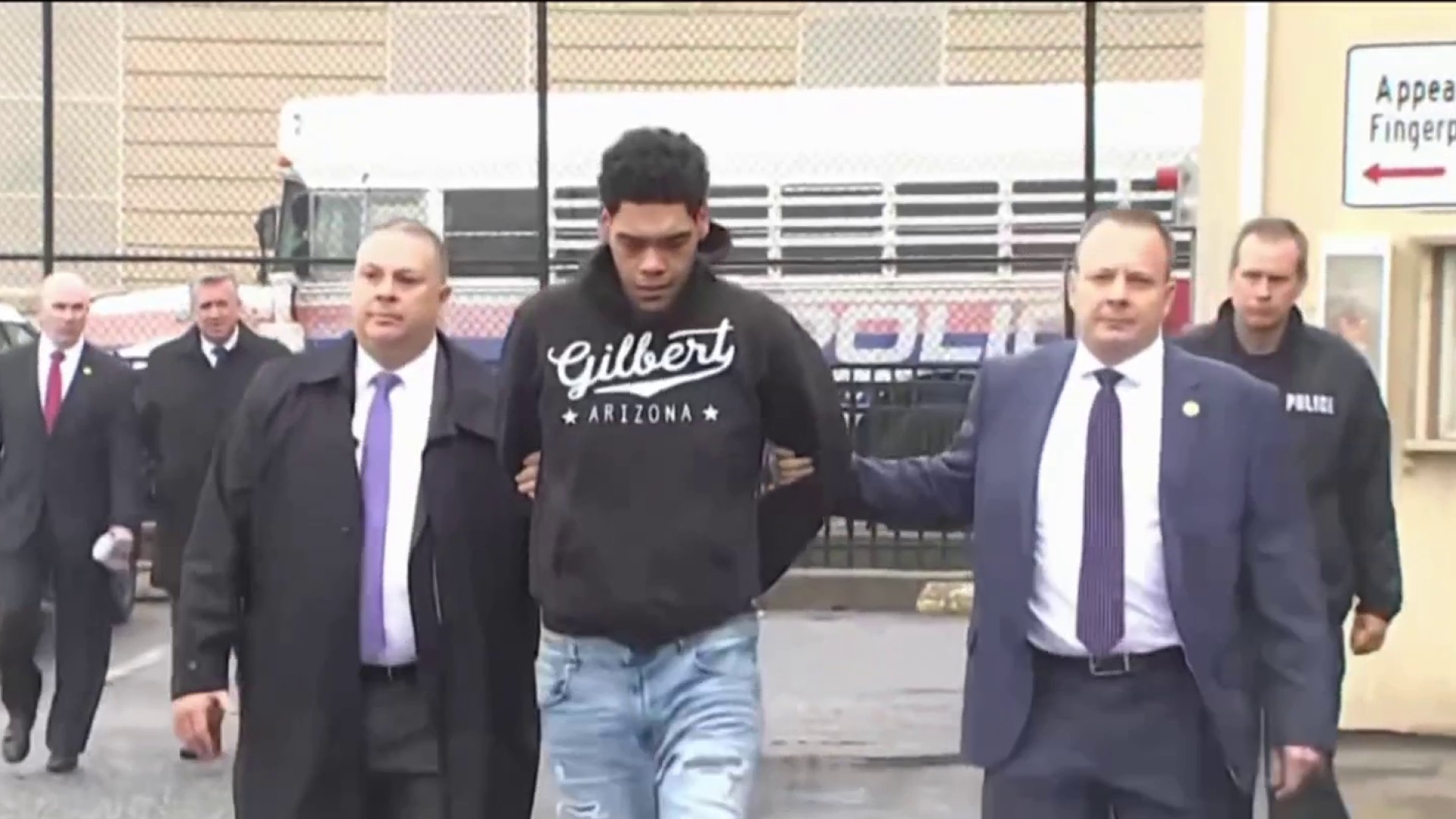In a stunning decision that could test the legal framework of #MeToo cases, Pennsylvania's highest court will review the trial decision to let five other accusers testify at Bill Cosby's sexual assault trial in 2018, which ended with the longtime TV star's conviction.
Cosby, 82, has been imprisoned in suburban Philadelphia for nearly two years after a jury convicted him of drugging and sexually assaulting a woman at his home in 2004. He's serving a three- to 10-year sentence.
The Supreme Court has agreed to review two aspects of the case, including the judge's decision to let prosecutors call the other accusers to testify about long-ago encounters with the actor and comedian. Cosby’s lawyers have long complained the testimony is remote and unreliable.
The court will also consider, as it weighs the scope of the evidence allowed, whether the jury should have heard Cosby's own deposition testimony about getting quaaludes to give women in the past.
Get Tri-state area news delivered to your inbox.> Sign up for NBC New York's News Headlines newsletter.
Secondly, the court will examine Cosby's argument that he had an agreement with a former prosecutor that he would never be charged in the case. Cosby has said he relied on the alleged promise before agreeing to give the deposition in trial accuser Andrea Constand's lawsuit.
Those issues have been at the heart of the case since Cosby was charged in December 2015, days before the 12-year statute of limitations expired.
Prosecutors in suburban Philadelphia had reopened the case that year after The Associated Press fought to unseal portions of Cosby's decade-old deposition in Constand’s sex assault and defamation lawsuit. Cosby paid $3.4 million to settle the lawsuit in 2006.
Local
Cosby, in the deposition, acknowledged a string of extramarital relationships. He called them consensual, but many of the women say they were drugged and molested.
Dozens came forward in the years that followed to accuse Cosby, long beloved as “America's Dad” because of his hit 1980s sitcom, of sexual misconduct. Montgomery County Judge Steven O'Neill allowed just one of them to testify at Cosby's first trial in 2017, which ended in a mistrial.
But a year later, after the #MeToo movement exploded in the wake of reporting on Hollywood mogul Harvey Weinstein and other powerful men, the judge allowed five other accusers to testify at the retrial. The jury convicted Cosby on all three felony sex-assault counts.
Lawyer Brian W. Perry argued in the appeal that letting other accusers testify in #MeToo cases “flips constitutional jurisprudence on its head, and the ‘presumption of guilt,’ rather than the presumption of innocence, becomes the premise.”
However, the judge said he found “striking similarities” in the women’s descriptions of their encounters with Cosby, and said the testimony was therefore permissible to show evidence of a “signature crime.”
“In each instance, (he) met a substantially younger woman, gained her trust, invited her to a place where he was alone with her, provided her with a drink or drug, and sexually assaulted her once she was rendered incapacitated,” O’Neill wrote in a post-trial opinion. “These chilling similarities rendered (their) testimony admissible.”
Spokesman Andrew Wyatt on Tuesday said the decision comes as demonstrators across the nation protest the death of Black people at the hands of police and expose the “corruption that lies within the criminal justice system.”
“The false conviction of Bill Cosby is so much bigger than him — it’s about the destruction of ALL Black people and people of color in America,” Wyatt said in a statement.
Constand, a former professional basketball player who now does outreach to sex assault victims, asked the appeals court Tuesday to not allow “Cosby's wealth, fame and fortune to win an escape from his maleficent, malignant and downright criminal past.”
Questioned about the encounter with her in the 2006 deposition, Cosby described being on his couch and putting his hand down her pants after giving her three pills he identified as Benadryl. Constand said they made her pass out.
“I don’t hear her say anything. And I don’t feel her say anything. And so I continue and I go into the area that is somewhere between permission and rejection. I am not stopped,” he said.
Legal experts said the appellate review could help clarify when judges should allow “prior bad act” testimony from other accusers in sex crime cases, at least in Pennsylvania, and whether a supposed verbal promise from one prosecutor should bind their successor.
“I think that Cosby still has an uphill battle. The good news is the state Supreme Court will look at the appeal,” said Loyola Law School professor Laurie Levenson.
The AP typically does not name people who say they have been victims of sexual assault without their permission, which Constand has granted.
___ This story has been updated to show the judge's first name is spelled Steven, not Stephen. It has also been updated to show that Bill Cosby's first trial in 2017 ended in a mistrial, not an acquittal.



